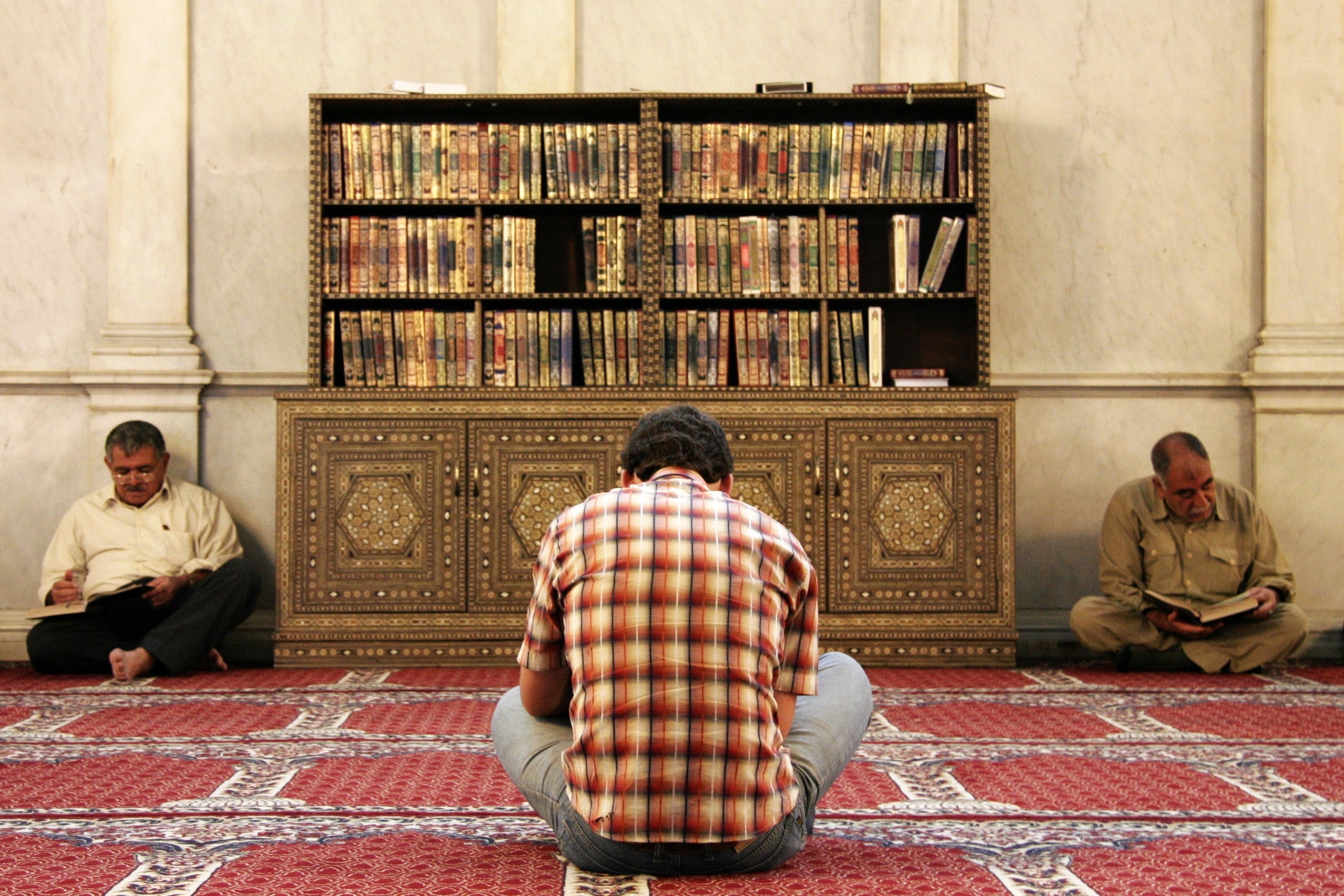
I recently was given a meaningful article written by Justin Parrot. The following is just an excerpt. Read the rest here. As you read, if you do not identify with Allah, substitute the word “God” or “divinity” or whatever other term allows you to see the meaning here.
In the Islamic context, mindfulness is the virtue of muraqabah, a word which is derived from the root meaning “to watch, observe, regard attentively.” We can see the close etymological and linguistic proximity between “mindfulness” and muraqabah. As a technical spiritual term, it is defined as “the constant knowledge of the servant and conviction in the supervision of the Truth, glory be to Him, over one’s outward and inward states.” That is, a Muslim in a state of muraqabah is in continuous full knowledge that Allah is Aware of him or her, inwardly and outwardly.
Muraqabah is a complete state of vigilant self-awareness in one’s relationship with Allah in heart, mind, and body. The basis of muraqabah is our knowledge that Allah is always watching us at all times and, as a consequence, we develop greater attention and care for our own actions, thoughts, feelings, and inner states of being. As Allah said, “Remember that God knows what is in your souls, so be mindful of Him.”
Whatever faith tradition drives you, or even for those of no faith in a higher power, the connectedness taught through Muraqabah can be likened to energy consciousness. When we understand that we are one with all which we see and know, we understand that we breathe in the embrace of all that exists. This is not the tautological riddle it might seem. Our integration and oneness is so fundamental as to be elusive. We must unlearn to learn.
I personally cannot buy into total submission to a higher power (except my wife — hear that honey?). I believe that we have freedom of action for a reason. We are on a mission to repair ourselves and the world. I do not need a vision of a deity watching over me to know right from wrong or to stay true to my mission of self-repair and world-repair. Still, I like the idea expressed by the author, that submission allows “us to develop greater attention and care for our own actions, thoughts, feelings, and inner states of being.” If for some, it takes belief and submission to a higher power to accomplish that marvelous goal, then I say Have at It.